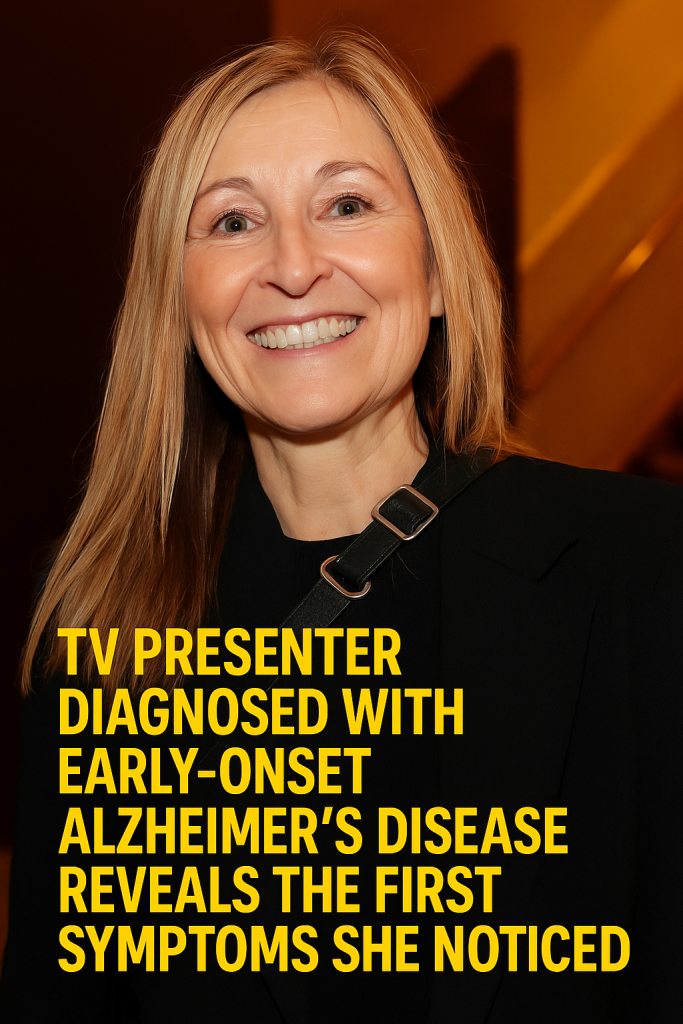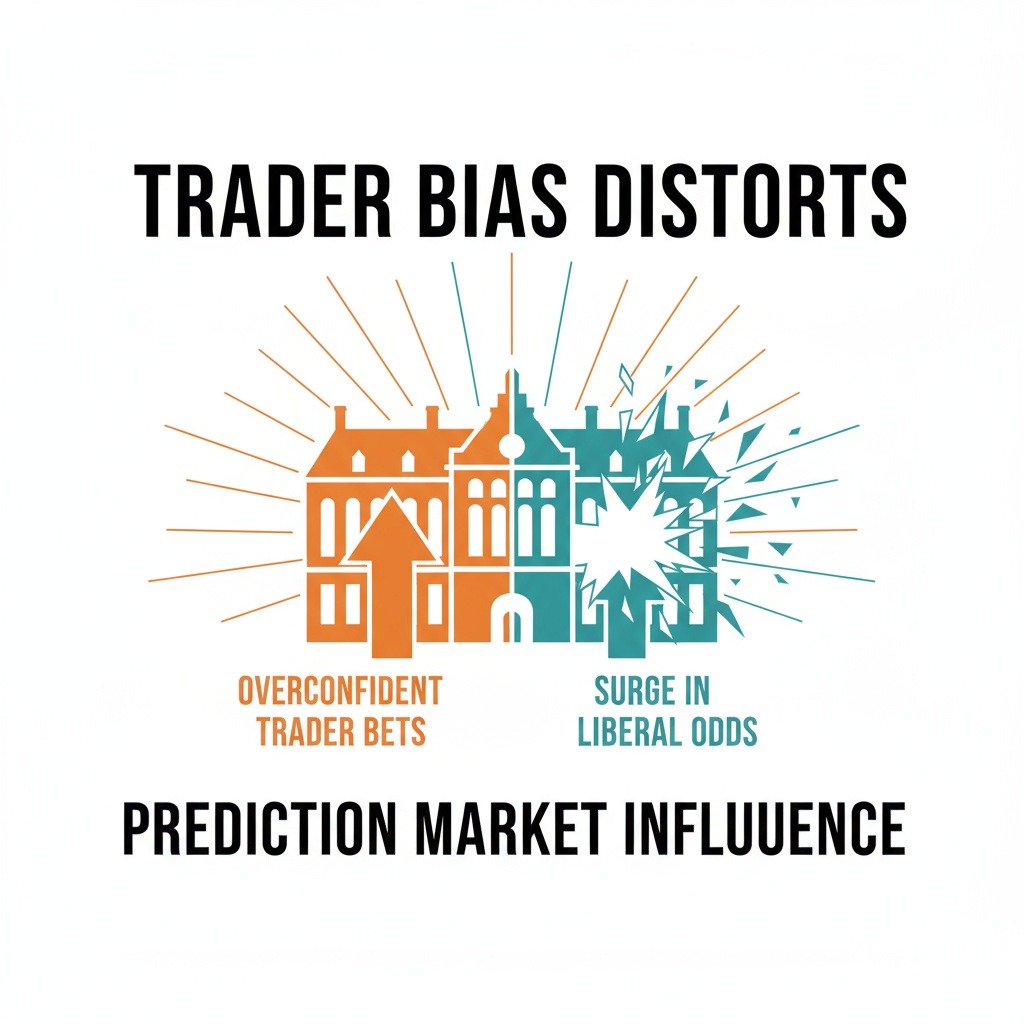In a heartfelt revelation, a well-known female TV presenter has shared her recent diagnosis of early-onset Alzheimer’s disease, shedding light on the subtle symptoms she initially mistook for everyday stress and distractions.
At an age when many are still at the peak of their careers, this presenter’s diagnosis underscores the reality that Alzheimer’s can affect younger individuals — often presenting in ways that are hard to identify early on. The diagnosis came after months of uncertainty, with the presenter recounting how the first signs were so inconspicuous that she attributed them to other, more common issues.
“I noticed little things, like forgetting appointments or mixing up words, but I thought it was just stress or being too busy with work and family life,” she revealed. These early symptoms included struggles with short-term memory, occasional confusion, and difficulty focusing on multiple tasks at once. Such symptoms, she explained, can easily be misinterpreted or dismissed.
Early-onset Alzheimer’s, which affects individuals typically younger than 65, accounts for a minority of Alzheimer’s cases but poses unique challenges due to its impact on people in prime working and family-raising years. Experts emphasize how crucial awareness of early symptoms is for timely diagnosis and intervention.
The presenter’s courage in publicly discussing her journey is opening important conversations about the disease. She hopes that by sharing her experience, others will recognize warning signs early and seek medical advice rather than attributing them to stress, fatigue, or mood disorders — common misinterpretations she encountered herself.
While currently there is no cure for Alzheimer’s, early diagnosis can significantly improve quality of life by allowing people to plan ahead, access treatments that manage symptoms, and participate in clinical trials. The presenter has engaged with support networks and is advocating for increased research funding and public awareness campaigns, particularly focused on younger individuals affected by the disease.
Her story is also a reminder of the emotional toll early-onset Alzheimer’s takes, not only on those diagnosed but also their families and colleagues. The presenter spoke candidly about the heartbreak of realizing these first symptoms were part of something far more serious, reflecting on the initial denial she faced: “At first, I really didn’t want to believe it; I kept justifying the signs as something else entirely.“
As we progress through 2024, health professionals stress that the key takeaway is vigilance. If you or someone you know experiences unexplained memory lapses, changes in mood or behavior, or difficulties with everyday tasks, it is vital to consult healthcare providers promptly. Early detection can open doors to support, treatments, and coping strategies that can make a meaningful difference.
Through her openness, the presenter continues to inspire others to confront Alzheimer’s without stigma or fear, encouraging public dialogue and understanding around this challenging diagnosis.



